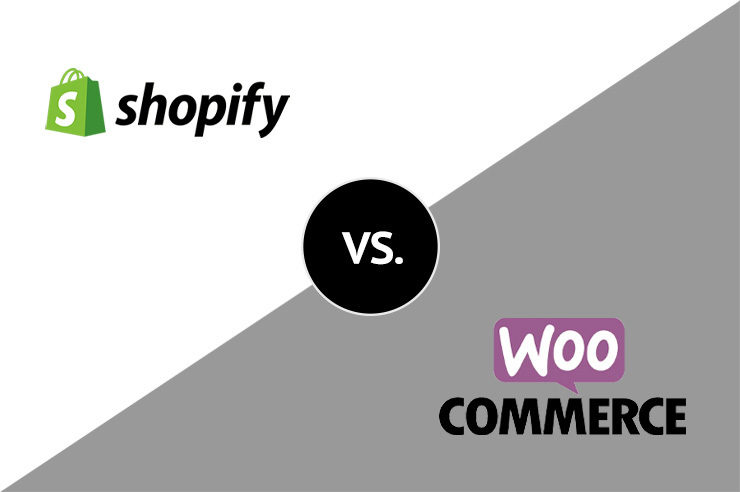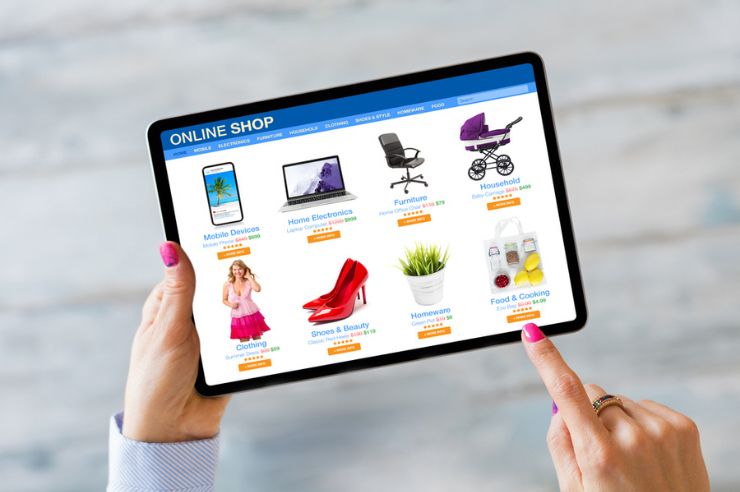If you want to explore two of the most notable and full-featured eCommerce solutions, consider Shopify vs. WooCommerce. Deciding on WooCommerce or Shopify for your business is about considering them in light of your particular needs.
To better understand Shopify vs. WooCommerce, we can look at the situations for which they are best suited.
Shopify or WooCommerce: Which One Is Best for Your Business?
The general situations for which these platforms are the most ideal will help you zero in on Shopify or WooCommerce. Here are the two perfect-fit scenarios for each of them:
Shopify
- Stores that have one or more physical brick-and-mortar location(s) and want a strong POS integration
- Stores that want to avoid upfront hassle while adopting a slick, modern setup.
WooCommerce
- Stores that already have a WordPress website
- Stores that want to integrate eCommerce into without creating much additional content.
The Pros & Cons of Shopify vs. WooCommerce
Each of these great platforms has positives and negatives. Get a better sense of whether WooCommerce or Shopify is right for you through their pros and cons – as described in the below charts.
The Pros
<
| Shopify | WooCommerce |
| Can get started without the need for infrastructure or backend setup | Simple to adopt if your site is within WordPress since it runs on WordPress |
| Includes a thorough knowledge base and phone/email support | Extremely “pluggable” and extensible, simplifying customizations via code |
| Comes with extensive built-in functionality | Comes with a broad library of free and paid extensions |
| Diverse native features and apps offer streamlined capabilities | Ability to change just about anything |
| A broad set of modern features provide turnkey solutions | Free of monthly costs and license fees (although you do still need to pay hosting costs) |
| Impressive options for free and paid themes | |
| Ability to customize apps and themes | |
| Nearly unlimited potential to scale with your business through Shopify Plus | |
The Cons
| Shopify | WooCommerce |
| Impossible to adjust some functionality since it is a closed platform | Support is limited to email and chat |
| Frontend design options are dependent on how the theme is set up and, without code adjustments, are somewhat limited (but our Shopify eCommerce development can set up templates to be as editable as reasonably possible) | For the store to run properly and load quickly, you need a high-quality hosting account for the WordPress site where it is installed |
| Charges a monthly fee simply to use the platform. Most of the best apps cost extra and incur platform transaction fees (except when you use Shopify Payments) | To get a sleek, modern look, you need significantly more setup and work |
| Can lead to additional maintenance labor costs since platform updates can necessitate coding changes | |
| Requires a yearly extension license (about $79) for most shipping and payment processor extensions | |
Market Share of WooCommerce vs. Shopify
Many people wonder about the overall adoption rate of WooCommerce vs. Shopify. BuiltWith analysis in Mar 2023 found that Shopify is the market leader with 24 percent. WooCommerce is in second place at 23% (followed by Magento with 9 percent). Whether you choose Shopify or WooCommerce, you will get a well-established brand with a huge community of users.
COntact Oyova to learn about our eCommerce development services.



